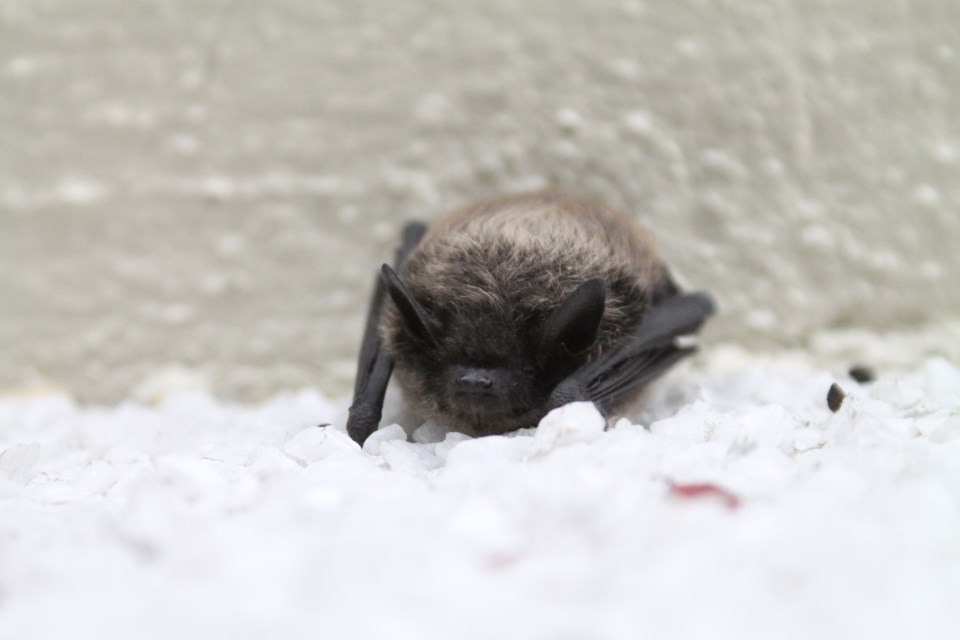Bats get a bad rap, especially at Halloween.
Today marks the start of International Bat Week, which runs from Oct. 24 to 31.
Advocates say the week offers an opportunity to celebrate and learn about the creatures, rather than mock or fear them.
"Bat Week is all about appreciating these amazing animals and their benefits, which in Canada centres around eating insects, and in other parts of the globe they additionally pollinate flowers, and spread seeds and nutrients," reads a press release from the BC Community Bat Program.
During the dedicated week, the recommends adults consider teaching children and friends about the positive aspects of bats.
"How about preparing bat-trivia questions for them? Take them to your local library and sign out bat books. Or, if you want to get proactive, organize a bat event or party," the release states.
Regional bat program co-ordinator Danielle Dagenais will also be teaching all about bats at Science World on Oct. 29th.
"In B.C., there are at least 15 species of bats, and they are all major predators of insects, including moths, beetles, mosquitoes and flies," said Dagenais in the release. "A single bat can eat up to its body weight in insects each night. Eating all of these insects helps protect our food crops and forests from insect pests, saving farmers and forest managers billions of dollars each year."
Bats are part of every community, she added.
"Providing safe and healthy habitat for bats is critical, as over half the species in this province are considered at risk. Since the fungus that causes white-nose syndrome (WNS) was detected in Grand Forks last year, bat conservation is more important than ever," she said.
"We expect to see impacts in B.C. in the near future."
According to , WNS is a fatal fungal disease that has killed millions of North American bats. The fungus causes a white fuzz on bats’ faces, which is how the syndrome got its name. It is considered one of the worst animal diseases in modern times, the U.S. government agency says on its website.
"To help us with WNS surveillance, report dead bats or sightings of winter bat activity to our website," said Dagenais.
But folks should never touch a live or dead bat, Dagenais warned.
The release states residents can help bats by following Bat Friendly Community guidelines, including protecting bat habitat, planting a bat-friendly garden, preventing bats from drowning in pools or rain barrels, keeping cats indoors or in catios, and much more.
Bat Week marks the time of year when B.C. bats migrate south or hibernate to survive the winter.
“This absence means that this is the time of year to do home renovations that you have delayed due to bat presence. You can clean out and repair a bat box, or do bat-friendly exclusion work, without disturbing or injuring bats,” the release continued.
works in partnership with the provincial government, and receives funding from the Habitat Conservation Trust Foundation, the Forest Enhancement Society of BC, and the Habitat Stewardship Program.
Report winter bat sightings or find out more about bats at , email [email protected], or call 1-855-922-2287, ext. 11.






